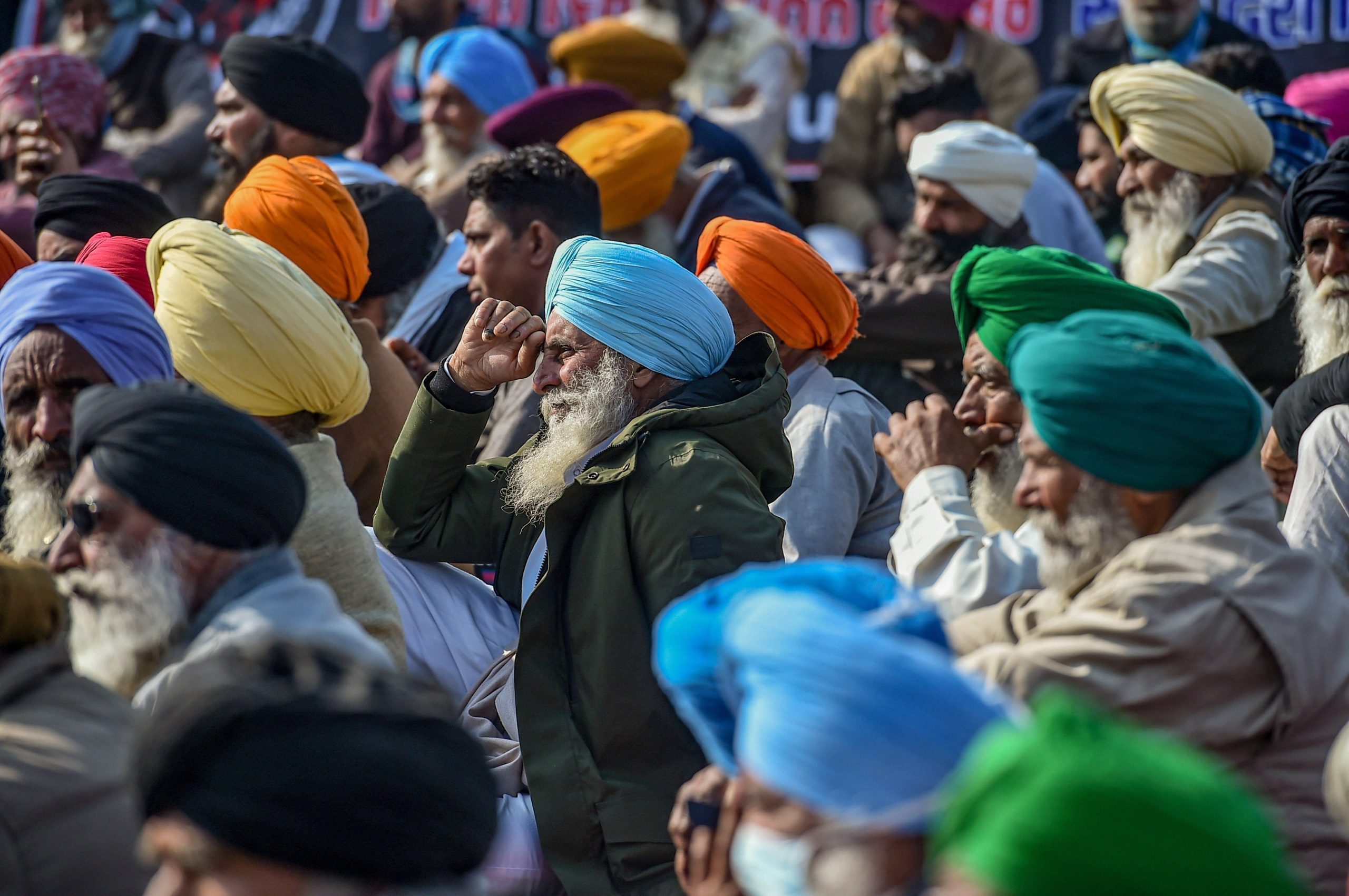As the ‘Delhi Chalo’ protests by farmers entered Day 34 on Tuesday, cultivators agreed to the government’s proposal of holding the
next round of talks on Wednesday at 2 pm. The protesting farmers’ proposed agendas included ways
to repeal farm laws and legal mechanisms that would be able to bring about
legal guarantees on the Minimum Support Price (MSP).
While the farmer unions postponed their proposed tractor
march to Thursday in order to not hinder their talks with the government on Wednesday,
Bharatiya Kisan Union spokesperson Rakesh Tikait hit back upon the government’s
argument of the opposition agitating the farmers, saying on Tuesday that there
would have been no need for the latter to launch the agitation if the Opposition
were strong.
The Samyukt Kisan Morcha, representative of 40 farmer
unions, in its letter on Tuesday further stated that amendments must be made to
the Commission for the Air Quality Management in National Capital Region and
Adjoining Areas Ordinance, 2020, demanding that farmers be excluded from any penal
provisions the act might have in store.
The previous communication by the Morcha to the government
was on December 26, wherein the unions, yet again, had listed the agendas for
the talks.
Meanwhile, several protestors faced lathi charge from the
police in Patna on their way towards the Raj Bhavan on Tuesday.
Also on Tuesday, renowned activist Anna Hazare stated his
decision to hold a protest in New Delhi on January in the scenario of the
farmers’ demands not being fulfilled in time.
Reacting to 25 mobile towers being damaged in Punjab among some
1,561 total towers in the state affected from the ongoing agitations, Punjab CM
Captain Amarinder Singh said on Tuesday that the incidents were in violation of
the directions by the farmer unions to keep their protests peaceful, and asked
the police to take action against vandalism as well as disruption of telecom
services.
Enacted in September, the laws have largely been touted by
the Centre to be removing the middlemen from the equation, allowing farmers to
sell their produce wherever they want.
The protestors, however, have alleged that the laws leave at
the mercy of large corporations by removing the safety net of the Minimum
Support Price (MSP) and breaking the ‘Mandi’ (wholesale) market system.






